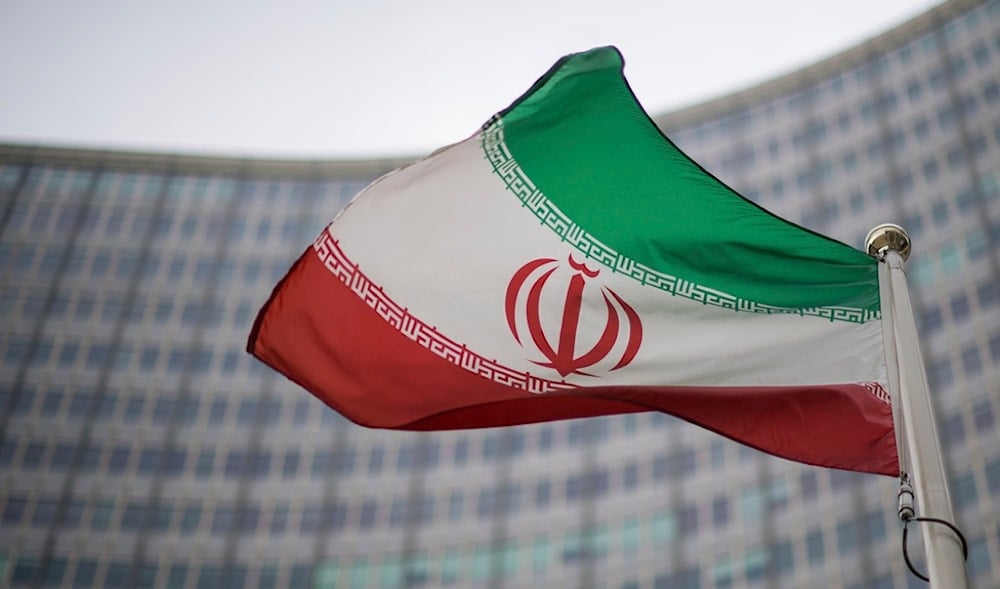Iran's enriched uranium stockpiles surged ahead of June war: IAEA
Confidential IAEA report reveals increase in Iran's 60% enriched uranium before Israeli attack.
-

A national flag of Iran waves in front of the building of the International Atomic Energy Agency, IAEA, in Vienna, Austria, Friday, Dec. 17, 2021 (AP)
A confidential report by the International Atomic Energy Agency (IAEA), reviewed by Reuters, revealed that Iran’s stockpile of uranium enriched to 60% purity increased slightly before the Israeli attack on Iranian nuclear facilities on June 13.
According to the report, Iran’s total enriched uranium stockpile reached approximately 9,874.9 kilograms, an increase of 627.3 kilograms from the previous quarterly report.
Of this total, 440.9 kilograms were enriched to 60% purity in the form of uranium hexafluoride. The IAEA claimed that this quantity could, if further enriched, be sufficient to produce around 10 nuclear bombs, according to its technical definitions.
IAEA definitions and nuclear thresholds
The IAEA defines approximately 42 kilograms of 60% enriched uranium as theoretically sufficient to produce a single nuclear bomb if enrichment is increased to weapons-grade levels. Similarly, 125 kilograms of uranium enriched to 20% could also be enough for bomb production under the same conditions.
The report added that Iran’s stockpile of 20% enriched uranium stood at 184.1 kilograms as of June 13, marking a 90.4-kilogram decrease from previous estimates.
IAEA loses access to Iran’s nuclear program
Following the Israeli attack on June 13, the IAEA confirmed it had been unable to carry out field verification activities inside Iran.
The agency stated that the continued absence of inspection access prevents it from offering any updated assurances or conclusions regarding the Iran nuclear program.
In a second report, the IAEA revealed that Iran had revoked the appointment of two international inspectors, calling the decision “unjustified” but claiming that it did not involve any breach of confidentiality.
The move followed an incident in which inspectors transported documentation related to the Fordow nuclear site from Iran to Vienna, bypassing the agency's on-site procedures, a decision that triggered Tehran’s objection.
IAEA Director General Rafael Grossi called for the immediate resumption of inspections, saying the agency cannot provide credible assessments unless Iran fully implements the safeguards agreement.
Read more: Iran bars IAEA chief Grossi from nuclear facility inspections
Iran considers withdrawal from NPT
In a political response to the situation, the Iranian parliament recently discussed a draft resolution that would authorize Tehran to withdraw from the Treaty on the Non-Proliferation of Nuclear Weapons (NPT).
The debate comes in reaction to the European troika, France, Germany, and Britain, activating the snapback mechanism in relation to Iran’s nuclear commitments.
Read more: Pezeshkian: Internal unity key response to 'snapback' mechanism

 3 Min Read
3 Min Read








